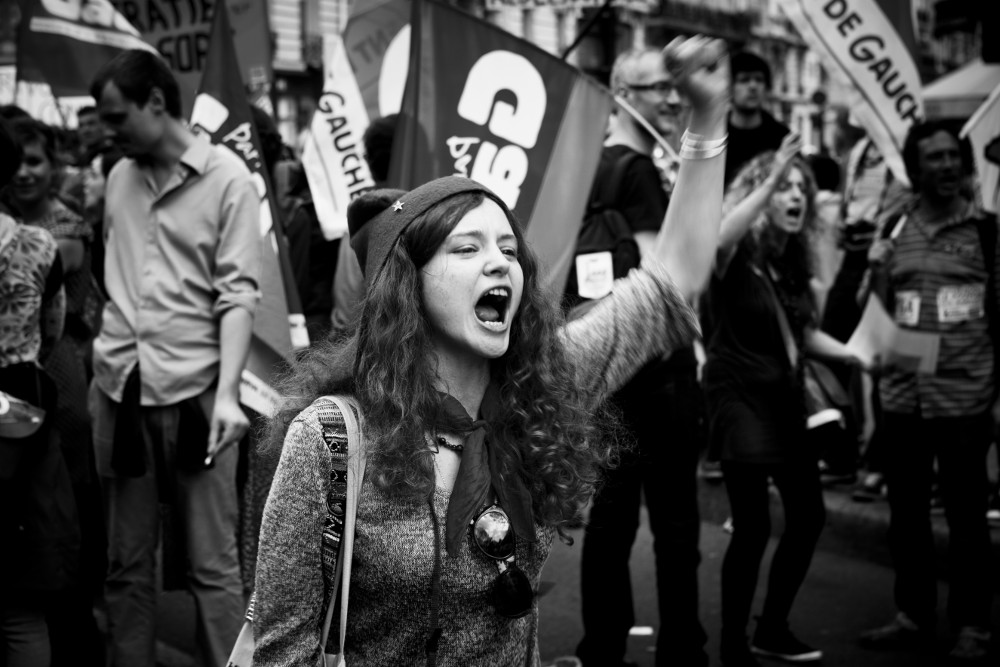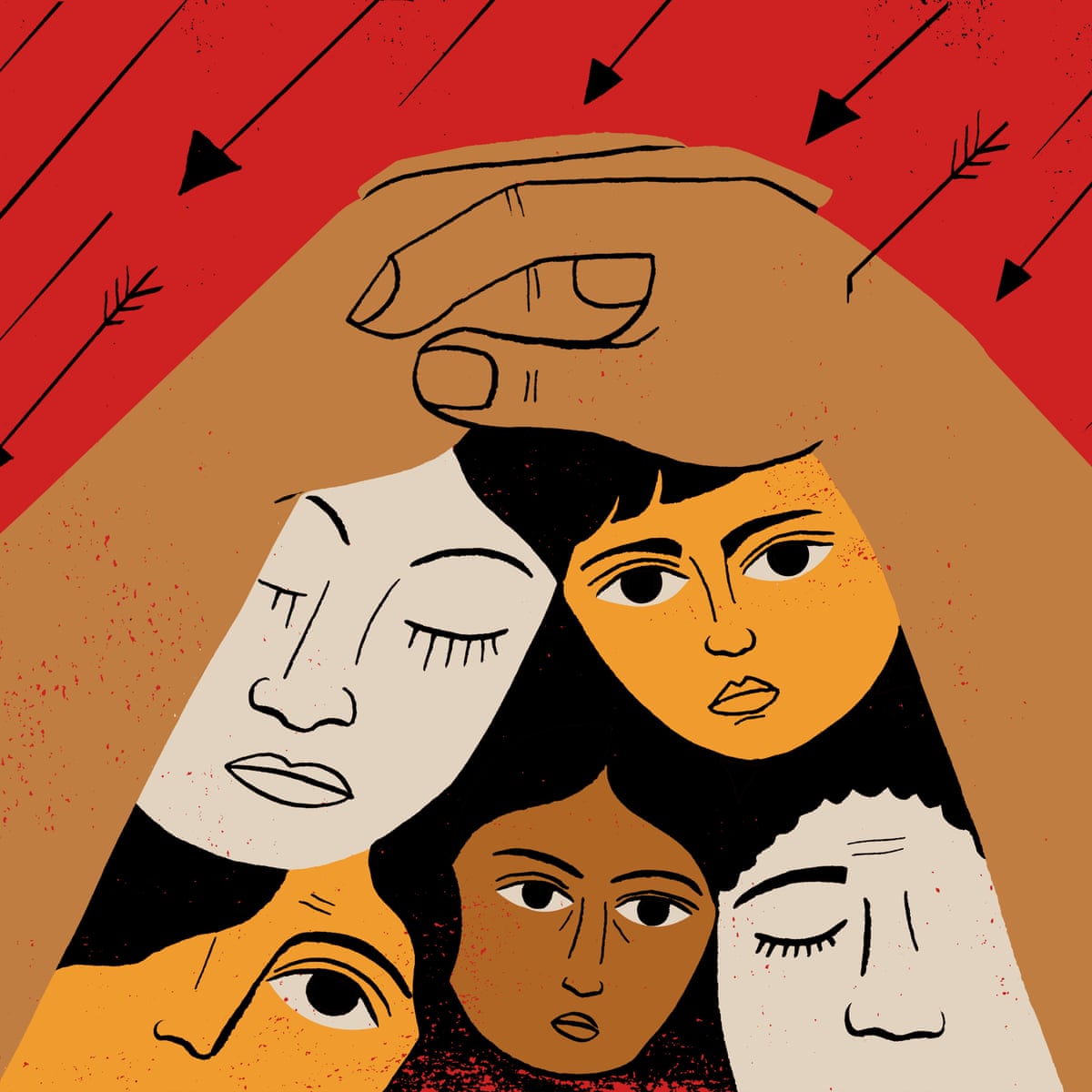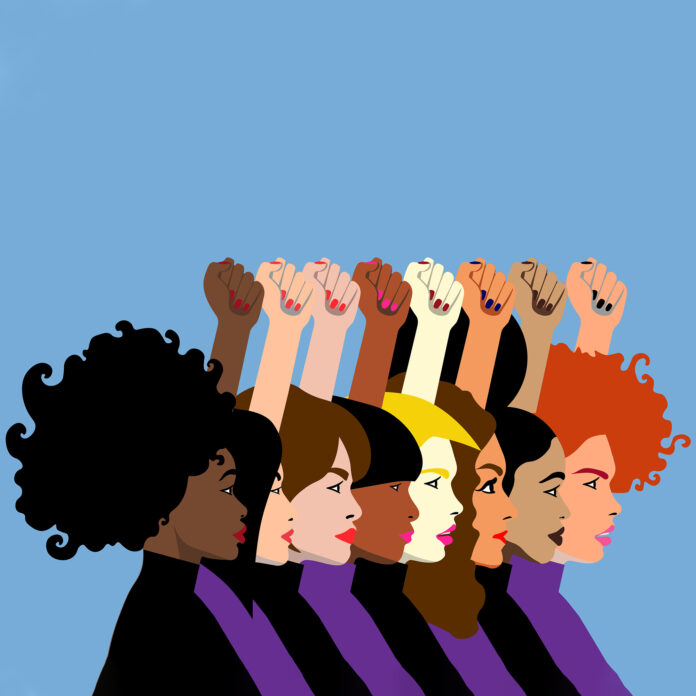The Married Woman is a part of a more elaborate work called ‘The Second Sex’ by the feminist and philosopher Simone de Beauvoir. While the phrases- male sex and female sex- are thrown around casually, the phrase “the second sex” raises questions and thoughts. What exactly is the second sex, and why ‘second’, a lot of us might think.
The term- second sex- can be associated with the term ‘other’, used very often by Simone to refer to women in her work. She has used this term to denote the secondary position of women, as opposed to the primary position of the male sex, in society.
However, it must also be kept in mind that for something to exist as the “other”, there must be something that has a real existence of the whole, or the absolute. This status of an absolute existence, in our society, is enjoyed by the male sex. A man is a free being who views the woman as inessential, or the other, and on establishing a conjugal relationship with her, he views her as his object, his mere sexual partner or an extension of himself. He fails to recognize her as a fellow human being who exists independently.
This distinction between the male being the primary sex and the female being the secondary or the second sex in the society has emerged eventually because of the two realities or the two processes of transcendence and immanence. Transcendence is the process, or the part of a person’s life where he/she goes out in the world to explore his/her potential, and to grow. Immanence, on the other hand, is a more secured and confined reality of the life of a person, where he/she is secured within a boundary and is not allowed to explore his/her potential beyond a certain limit.

While the distinction between man and woman exists even before marriage, Simone de Beauvoir stresses on the oppression of a ‘married’ woman, particularly, to put forth a point. According to her work, a woman is pushed further into immanence after marriage, since her only sphere is now reduced from the world to the four walls of her house.
The institution of marriage itself is largely critiqued by Simone. Her work focuses on marriage being more of a contract than an institution- a contract which is agreed upon on unequal terms by a man and a woman. While marriage is a choice for men, it is often seen as the already decided upon destiny for women.
A man’s existence is not related, in any direct way, to his marriage. In fact, his marriage is only an extension of his existence, it does not reduce or enhance his existence. He is already a complete individual, even without the arrangement of marriage.
For women, on the other hand, marriage is not just another mode of living, but it is the ONLY mode of living. A woman’s existence is said to be complete only through marriage, and it is not left as being a voluntarily choice that she could choose to make. It becomes a form of existence she has to deal with.
Not only is the freedom of marrying or not marrying taken away from her, but through marriage, she is doomed to a more inferior status as a human being. A man takes his bride, he possesses her as well as her body.

A woman, however, is the daughter given away. She is transferred- from the custody of her father to the custody of her husband.
Her only duties in her life are reduced to provide the society with children (ensuring the continuity of species) and satisfying the sexual and domestic needs of her husband.
In performing these duties, the woman is pushed to an existence of immanence. This immanence is realized in the sense that she ceases to have any direct influence upon the future or on the world. A traditional marriage does not allow her to transcend with her man- it confines her in immanence.
She is left with a responsibility to change her household, which eventually becomes her prison into her realm. To fulfill this responsibility, she puts all her efforts into the household chores but fails to produce something futile. Her work does not give birth to something durable, and perishes after a while. She spends all her life trying to set up a world of continuity and permanence with her husband and children, but she becomes only an inessential entity in their lives, from whom they wish to escape.
Men, on the other hand, go into the world outside, beyond their family, and open themselves for a future of possibilities through which they could realize their potential. A man finds a mode of self-expression in his projects in society- the biggest way of transcendence; and when he is tired, he comes back home into the conjugal sphere, thus experiencing maintenance.
Thus, Simon de Beauvoir says that a man’s existence is fulfilled because he is capable of both- transcendence and immanence- while a woman is only able to experience immanence.
Human existence involves both transcendence and immanence, that is, both progression and maintenance, and since marriage gives only immanence to woman, it is an unequal, unfair and oppressing contract imposed upon her.

Her sentiment on the oppression of the married woman is not confined to transcendence and immanence alone.
She also puts forward her supposition that a person does not grow up as a male or a female, but is developed into either during his/her life time. This very popular view by this philosopher turned feminist implies that a woman, all through her life, is raised under constant scrutiny and dictation of the kind of person she is supposed to be, as opposed to the kind of person she wants to be.
The kind of society she is brought up in and the prevailing social construct molds her into the docile submissive wife she becomes in the future. In her text, “The Married Woman”, Simone cites Hegel’s theory that a woman’s role as a wife and a mother are in general and not in individual. This means that for a woman, her behavior as a wife does not depend on who she has as a husband, but is decided by the fact that she has a husband, who so ever he may be.
Simone then goes on to say that this is the reason why men fail to recognize the virtues in their wives. A husband does not think that his wife is being meritorious, but that his wife is just being a typical wife- that the virtues on display are not a matter of voluntary good behavior by her, but are guaranteed to him by society.
These are some major reasons why marriage becomes a victim of criticism in Simone’s work.
However, as a philosopher, Simone gives due importance to the fact that a person creates his or her own existence, and is responsible for his/her existence. To engage in marriage, and to reduce one’s existence to a state where it is defined in relation to one’s husband is a choice that a woman makes as a result of bad faith.

